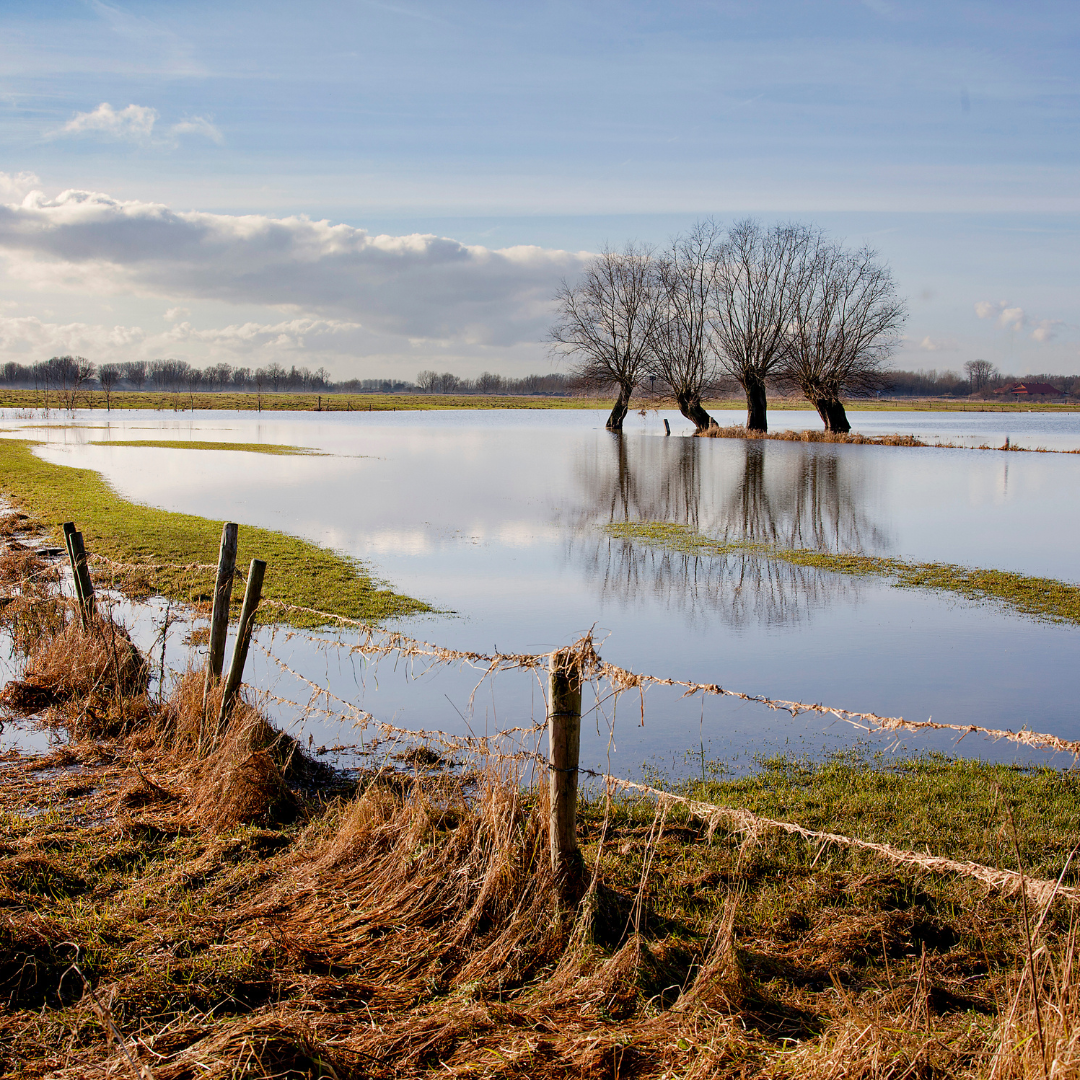Changes to flood risk guidance in Wales

Understanding both current and future flood risk in Wales is essential for helping planners, developers and landowners understand how flood risk is assessed within the planning process, ensuring that new developments are resilient and sustainable.
Originally published in 2004, the Welsh Government recently published a significantly revised Technical Advice Note (TAN) 15 on 31st March, detailing critical changes to flood risk guidance.
What are the key updates?
- Development types: The classification of development types has been updated and expanded. Categories now include Highly Vulnerable, Less Vulnerable, and Water-Compatible developments. Examples of Highly Vulnerable uses include all residential buildings, hospitals, schools, and emergency services infrastructure. This classification determines where development may be acceptable depending on the level of flood risk.
- A risk-based approach: The new TAN15 adopts a risk-based plan-led decision-making approach that incorporates advancements in flood risk mapping technology and climate change assessment.
- Flood Map for Planning: The new TAN15 utilises the Flood Map for Planning rather than the previous Development Advice Maps (DAM) to evaluate the suitability of developments based on flood risk zones.
- Flood Consequence Assessments: FCAs are now compulsory for a wider range of applications - not only in higher-risk areas but also in TAN15 Defended Zones and certain lower-risk zones adjacent to small watercourses. The requirements have become more technical, with applicants expected to address breach, blockage, exceedance, and climate change projections.
- Planning applications: The new TAN15 applies to all planning applications made on or after 31st March 2025. Applications submitted before that date are considered under the previous TAN15. However, Local Planning Authorities are encouraged to adopt the principles of the new TAN15 during the transitional period.
- Design considerations: New developments must now embed design measures to manage residual flood risk, such as raised floor levels, flood-compatible materials, SuDS schemes, and emergency access planning, Designing for exceedance - planning how water will behave when systems are overwhelmed - is now explicitly required.
The role of Envireau Water
At Envireau Water, we work closely with clients across Wales to navigate and understand these critical policy changes. If you're unsure how the updated TAN 15 may affect your site, get in touch on info@envireauwater.co.uk.. We're here to help!
About Envireau Water
Envireau Water is a team of expert water scientists and engineers who provide guidance on the management and regulation of natural water systems across the UK. By working collaboratively with our clients and the regulators, we deliver robust, sustainable solutions that meet the requirements of all stakeholders. With a loyal client base and our ability to work seamlessly throughout the four nations of the UK, many of our clients know us individually and trust us to find resolutions to their water problems for years to come.







